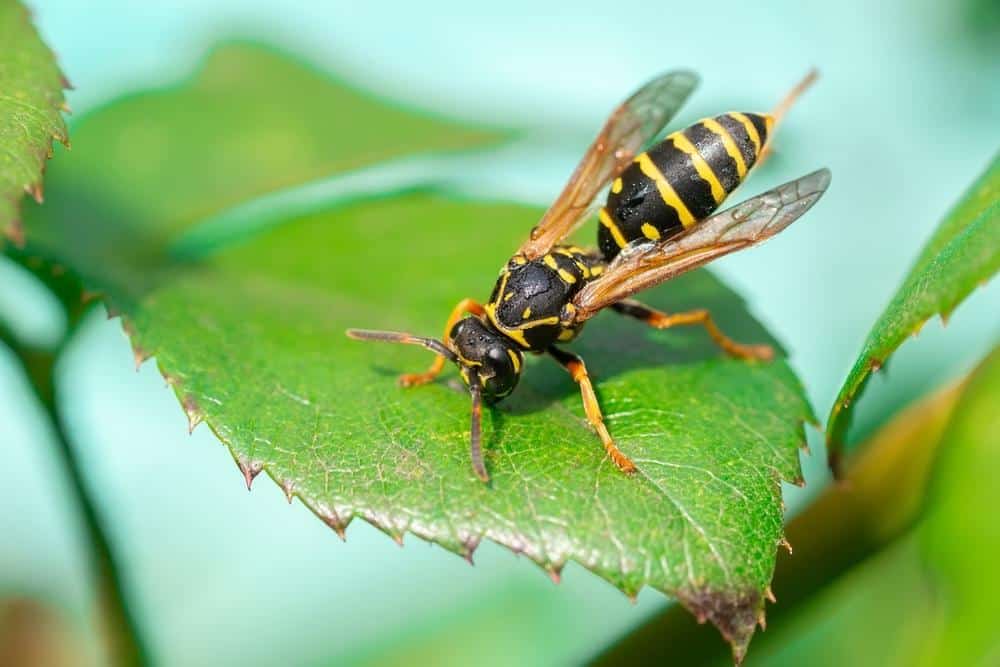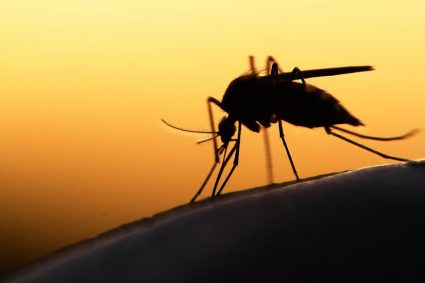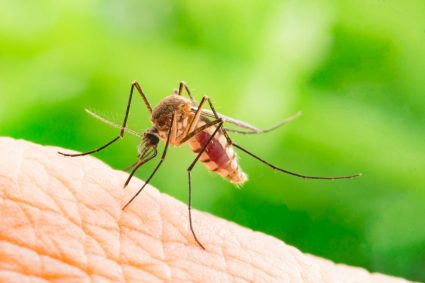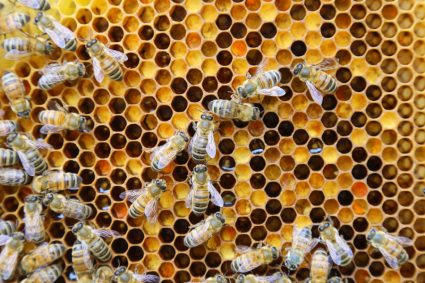
A wasp deterrent is a substance or device designed to repel or prevent wasps from nesting or entering a specific area. The primary function of these deterrents is to keep wasps away from human-occupied spaces, reducing the risk of stings and potential allergic reactions. This comprehensive guide will walk you through everything you need to know about wasp deterrents, including their types, effectiveness, and safe usage.
A wasp deterrent is a substance or device designed to repel or prevent wasps from nesting or entering a specific area. They can be natural repellents like certain plants and essential oils, traps that lure and contain wasps, or physical barriers that block wasps from nesting. Their effectiveness varies, and they should be used as part of a comprehensive wasp control strategy.
Types of Wasp Deterrents
There are several types of wasp deterrents, which can be categorized into natural repellents, traps, and physical barriers.
Natural Repellents
These include essential oils and plants that wasps find unappealing. Some effective essential oils are peppermint, clove, geranium, and lemongrass. You can mix these oils with water in a spray bottle and apply them to areas where wasps congregate. Wasp-repellent plants include spearmint, thyme, eucalyptus, wormwood, basil, bay leaves, lemongrass, and citronella grass. Planting these near your home can help deter wasps.
Wasp Traps
These devices attract wasps with a bait, such as sugar water, and then trap them inside, preventing their escape. You can make your own wasp trap using a 2-liter bottle or purchase commercially available traps.
Physical Barriers
Sealing off cracks and crevices around your home can prevent wasps from entering and building nests. Additionally, fake wasp nests can be hung around your yard to discourage wasps from building nests nearby, as they are territorial and avoid nesting near other wasp nests.
Effectiveness of Wasp Deterrents
While wasp deterrents can be a non-toxic and passive way to prevent wasps from invading certain areas, they may not be as effective as other control methods, such as traps or sprays. It is essential to consider the specific situation and the level of wasp activity when choosing the most appropriate control method.
Safe Use of Wasp Deterrents
Ensure the safety of children, pets, and wildlife when using wasp deterrents by choosing products that are specifically labeled as safe for use around children and pets, following the application instructions carefully, and keeping children and pets away from treated areas until the pesticide has dried completely or for the amount of time specified on the label.
Top Recommended Wasp Deterrents
Some of the best and most recommended wasp deterrents on the market include EcoSmart Organic Wasp and Hornet Killer, Ortho Home Defense Hornet and Wasp Killer, Terro Wasp & Hornet Killer, and Exterminators Choice Bee & Wasp Defense.
Natural Ways to Repel Wasps
There are several natural ways to repel wasps, such as using essential oils, planting wasp-repellent plants, placing cucumber slices on aluminum foil, spraying a soap and water solution on small wasp nests, hanging a fake wasp nest, and planting aromatic herbs around your patio and outdoor sitting areas.
In conclusion, while wasp deterrents can be an effective tool in managing wasp populations, it’s important to remember that they are not a complete solution and should be used as part of a comprehensive wasp control strategy. Always remember to follow safety precautions when dealing with wasps and consider contacting a professional if you have a large infestation or allergic reactions to wasp stings.
Frequently Asked Questions
Are wasp deterrents harmful to other insects or wildlife?
Most natural wasp deterrents, such as essential oils and certain plants, are not harmful to other insects or wildlife. However, wasp traps that use bait might inadvertently attract and trap other insects. Always choose deterrents that are labeled as safe for wildlife.
Can wasp deterrents be used indoors?
Yes, wasp deterrents can be used indoors, especially natural repellents like essential oils. However, physical barriers such as sealing off cracks and crevices are typically more effective indoors. Always ensure the product is safe for indoor use and follow the manufacturer’s instructions.
How often should I apply natural repellents?
The frequency of application can vary depending on the specific product and the level of wasp activity. Generally, natural repellents like essential oils should be reapplied every few days or after rain. Always follow the instructions on the product label.
What should I do if I have a severe wasp infestation?
If you have a severe wasp infestation or allergic reactions to wasp stings, it is recommended to contact a professional pest control service. They have the necessary training and equipment to safely remove wasp nests.
Can I make homemade wasp traps?
Yes, you can make homemade wasp traps using common household items like a 2-liter bottle. The trap is often baited with sugar water to attract wasps. Remember to place the trap away from areas where people frequently gather to avoid attracting wasps to those areas.









